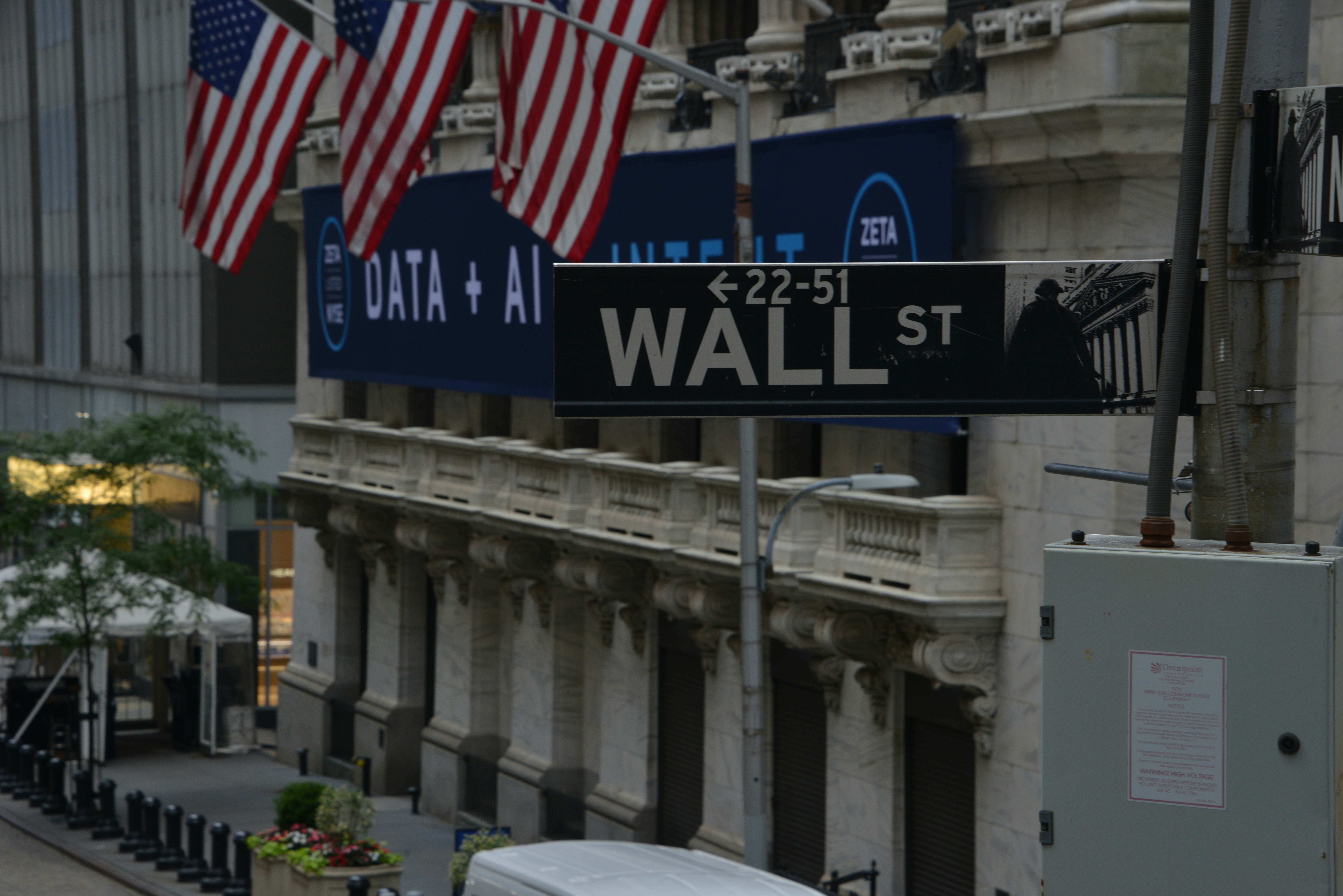Fund Managers' Pessimism Hits Historic Levels

Fund managers have become the most pessimistic about the global economy in three decades, reflecting deep concerns over US trade policies and market instability. A recent Bank of America survey reveals that 82% of investment managers now anticipate a weaker global economic outlook, a shift that marks the most dramatic downturn in sentiment since the early 1990s.
The swing in sentiment is notable, with fund managers swiftly reducing their exposure to US equities. In just two months, their positions have drastically reversed from being 17% overweight to 36% underweight, demonstrating substantial caution about potential risks in the market. This significant shift underscores escalating fears of recession, rising geopolitical tensions, and persistent market volatility.
Cash is King Again
Amid these growing concerns, fund managers have notably increased their cash holdings. Leading the charge, the Helios Flexi Cap Fund boosted its cash allocation from 1.69% to a staggering 20.59%, while Samco Special Opportunities Fund raised its cash level from 2.14% to 17.91%. These movements illustrate a strategic retreat from riskier assets as fund managers brace for potential economic turmoil.
This cautious strategy is reminiscent of other periods of economic uncertainty when increased cash positions served as a buffer against volatile markets. Interestingly, despite elevated caution, the average cash allocation remains at 4.8%, below the historical peak panic level of 6%. This suggests room for sentiment to deteriorate further, indicating managers might still be optimistic enough to avoid a full-blown panic.
Structured Cash Strategies
Fund managers are increasingly adopting sophisticated, multi-tiered cash strategies to effectively manage heightened uncertainty. This involves dividing cash holdings into three distinct categories: immediate liquidity needs, short-term tactical positions, and longer-term strategic allocations. Tier 1 includes traditional cash equivalents like money market funds to cover immediate liquidity needs. Tier 2 comprises ultrashort-term assets to offer enhanced yields, while Tier 3 involves longer-duration core bond holdings designed to exceed inflation over the longer run.
These strategies demonstrate a nuanced approach to cash management, balancing safety with returns during uncertain economic periods. Asset management giants such as PPFAS Mutual Fund have aggressively adopted these practices, holding the highest cash reserves at 21.9%, followed closely by Motilal Oswal at 17.8% and Quant Mutual Fund at 10.3% as of March 2025.
Assessing the 'Hard Landing' Risk
The dramatic change in economic sentiment is best illustrated by the increasing expectation of a "hard landing" for the US economy, rising sharply from 11% to 49% in just one month. This rapid reassessment reflects investors' acute sensitivity to potential recession triggers, with 42% of global fund managers now anticipating a worldwide economic recession, the highest since June 2023.
Previously favoured scenarios like a "soft landing" or even "no landing" have seen their probabilities plummet drastically. The proportion of managers expecting a soft landing has nearly halved, falling from 64% to 37%, while those anticipating no landing dropped from 19% to a mere 3%.
A major contributor to the deteriorating outlook is the fear of escalating trade wars, particularly involving the United States. Around 80% of investors consider a trade war as the principal risk that could tip the global economy into recession, the highest concentration of such concerns in over 15 years.
Historical patterns suggest that extreme pessimism among investors can often precede recovery in financial markets. Strategists from Bank of America have tentatively indicated that the current pessimistic levels could mark short-term market lows, although any substantial market recovery is expected to require significant policy easing from global central banks.
What's Next?
Looking forward, market observers should watch closely for policy responses from central banks and governments, particularly in the US and Europe. Any substantial easing measures or diplomatic breakthroughs on trade could shift investor sentiment significantly. Fund managers’ cash holdings might then rapidly reverse, reinjecting liquidity into equities and potentially triggering a market rebound. Alternatively, prolonged policy stalemates or worsening trade tensions could solidify pessimism, cementing a cautious approach for the foreseeable future.
World Liberty Seeks Federal Trust Charter
World Liberty Financial, the crypto venture backed by the Trump family, has applied for a US national bank trust charter... Read more
Saudi Banks Tap Overseas Markets
Saudi Arabia’s banks are borrowing from international markets at their fastest pace on record, as lenders try to squar... Read more
Amazon Continues To Cut 16000 Gone
Amazon has announced plans to cut a further 16,000 roles from its corporate workforce, extending the cost and organisati... Read more
The UK May Have A Voice In Ai
Europe’s AI sector has grown accustomed to playing catch-up. Capital has flowed more slowly than in Silicon Valley, va... Read more
Musk Applies Pressure To BT
Britain’s broadband market has spent the past decade locked in a familiar pattern. Incumbents invested heavily in fibr... Read more
Blackrock Sees EMEA Moving Into Private Assets
BlackRock has warned that investors across Europe, the Middle East and Africa are reshaping portfolios in response to wh... Read more

